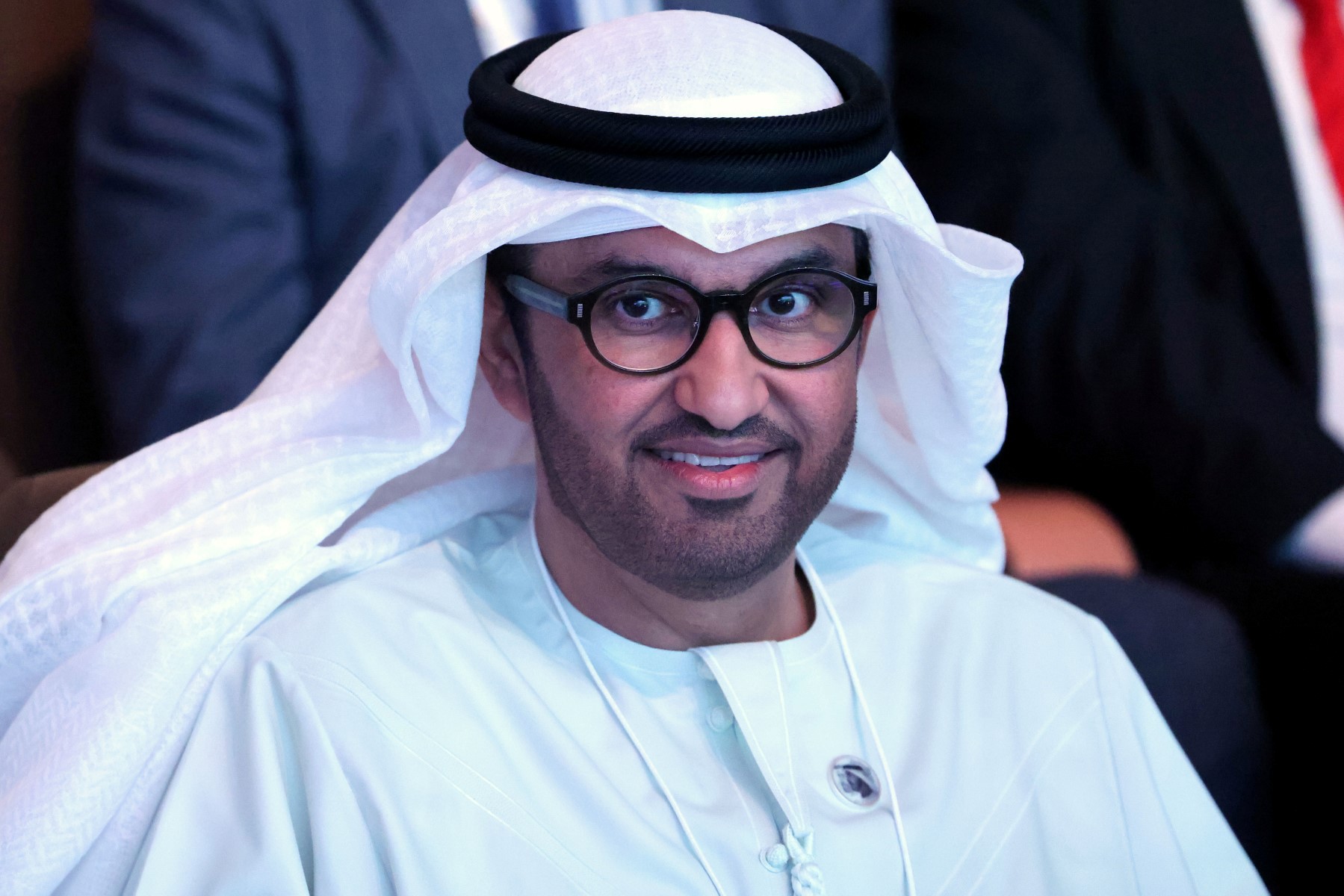Paris, France – The Emirati oil executive chairing this year’s UN climate summit, Sultan Al Jaber, told private and national oil and gas companies on Thursday they must slash their planet-warming emissions.
Sultan al-Jaber, head of the UAE national oil company ADNOC, told ministers from countries of the OPEC oil producers’ grouping the industry must “urgently decarbonize its operations and take collective action to eliminate operational emissions”.
Jaber said the entire industry “should be aligned” to help the world meet the target of net-zero greenhouse gas emissions by 2050.
This includes not only international oil companies but also national state-controlled ones, Jaber told an OPEC seminar in Vienna.
While a number of multinational companies have stated their emissions-reduction aims, many state-held giants such as ones in the Gulf, China and Iran have yet to set clear targets.
The “operational emissions” Jaber referred to are the upstream carbon gases released during production and account for 15-20 percent of the companies’ carbon output.
Also known as “scope 1 and 2” emissions, they do not include the gases released when end-users such as the transport industry or factories burn their fuel products.
Jaber urged the producers also “to accelerate an industry-wide commitment to reach near zero methane emissions by 2030.”
Methane is a potent greenhouse gas and escapes in large volumes from gas fields and pipelines.
“If we do this, that takes care of a massive proportion of scope 1 and 2 emissions,” he said.
Jaber repeated his warning that energy demand will continue to rise, forcing producers to “massively scale up clean energies … while also sustaining socio-economic development.”
He reiterated his support for solutions such as carbon capture — a warming-reduction method that climate advocates caution is too far from being deployed at scale to make much difference in reaching targets.








